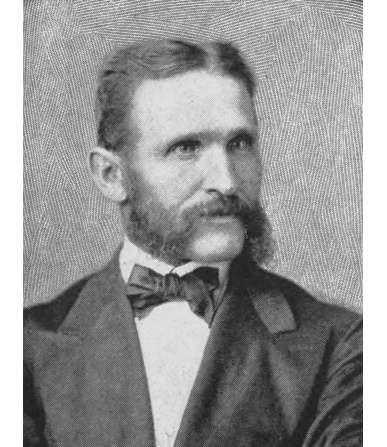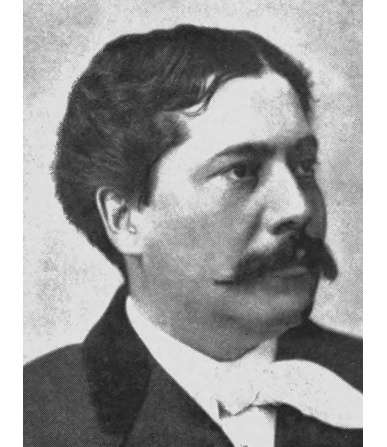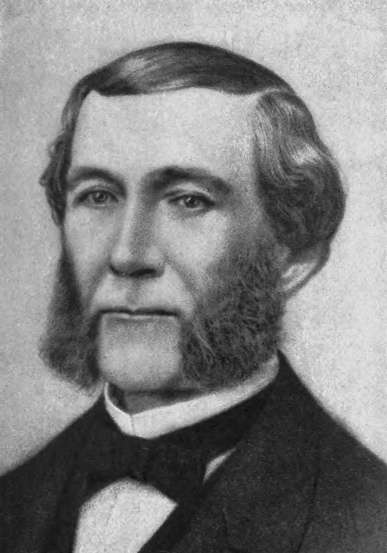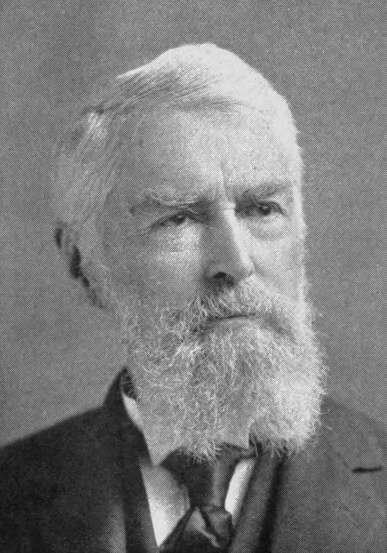

PROJECT FOR SEABOARD PIPE-LINE PUSHED BY INDEPENDENTS — TIDEWATER PIPE COMPANY FORMED — OIL PUMPED OVER MOUNTAINS FOR THE FIRST TIME — INDEPENDENT REFINERS READY TO UNITE WITH TIDEWATER BECAUSE IT PROMISES TO FREE THEM FROM RAILROADS — THE STANDARD FACE TO FACE WITH A NEW PROBLEM — DAY OF THE RAILROADS OVER AS LONG DISTANCE TRANSPORTERS OF OIL — NATIONAL TRANSIT COMPANY FORMED — WAR ON THE TIDEWATER BEGUN — PLAN TO WRECK ITS CREDIT AND BUY IT IN — ROCKEFELLER BUYS A THIRD OF THE TIDEWATER'S STOCK — THE STANDARD AND TIDEWATER BECOME ALLIES — NATIONAL TRANSIT COMPANY NOW CONTROLS ALL PIPE-LINES — AGREEMENT ENTERED INTO WITH PENNSYLVANIA RAILROAD TO DIVIDE THE BUSINESS OF TRANSPORTING OIL
THE project for a seaboard pipe-line to be built by the producers and to be kept independent of Standard capital and direction had been pushed with amazing energy. Early in the fall of 1878 General Haupt reported that his right of way was complete from the Allegheny River to Baltimore; contracts were let for the telegraph line and preparation begun to lay the pipe. Before much actual work had been done it became clear to the company that it was not from the Butler oil field but from that of Bradford that a seaboard pipe-line should run; that the former field was showing signs of exhaustion, while the latter was evidently going to yield abundantly. With a promptness which would have done credit to Mr. Rockefeller himself, Messrs. Benson, Hopkins and McKelvy changed their plan. The new idea was to lay a six-inch line from Rixford, in the Bradford field, to Williamsport, on the Reading Railroad, a distance of 109 miles. The Reading, not having had so far any oil freight, was happy to enter into a contract with them to run oil to both Philadelphia and New York until they could get through to the seaboard themselves. In November, 1878, a limited partnership, called the Tidewater Pipe Company, was organised with a capital of $625,000 to carry out the scheme. Many of the best known producers of the Oil Regions took stock in the company, the largest stockholders being A. A. Sumner and B. D. Benson. [86]
The first work was to get a right of way. The company went at the work with secrecy and despatch. Its first move was to buy from the Equitable Pipe Line, the second independent effort to which, as we have seen, the Producers' Union lent its support in 1878, a short line it had built, and a portion of a right of way eastward which Colonel Potts had been quietly trying to secure. This was a good start, and the chief engineer, B. F. Warren, pushed his way forward to Williamsport near the line which Colonel Potts had projected. The Standard, intent on stopping them, and indeed on putting an end to all future ventures of this sort, set out at once to get what was called a "dead line" across the state. This was an exclusive right for pipe-line purposes from the northern to the southern boundary of Pennsylvania. As there was no free pipe-line bill in those days, this "dead line," if it had been complete, would have been an effectual barrier to the Tidewater. Much money was spent in this sordid business, but they never succeeded in completing a line. The Tidewater, after a little delay, found a gap not far from where it wanted to cross, and soon had pushed itself through to Williamsport. With the actual laying of the pipe there was no interference which proved serious, though the railroads frequently held back shipments of supplies. At Williamsport, where the pipe crossed under the railroad, it was torn out once. The Tidewater had no trouble in this case in getting an injunction which prevented further lawlessness.




By the end of May the company was ready for operation. The plant which they had constructed proposed to transport 10,000 barrels of oil a day over a distance of 109 miles. The apparatus for doing this consisted simply of tanks, pumps and pipes. At Coryville, on the edge of the Bradford field, two iron tanks, each holding 25,000 barrels of oil, were connected with an enormous pump of a new pattern devised by the Holly Company especially for this work. This pump, which was driven by an engine of seventy horse-power, was expected to force the oil through a six-inch pipe to a second station twenty-eight miles away and about 700 feet higher. Here a second pump took up the oil again, driving it to the summit of the Alleghanies, a few miles east. From this point the oil ran by gravitation to Williamsport.
It was announced that the pumps would be started on the morning of May 28. The experiment was watched with keenest interest. Up to that time oil had never been pumped over thirty miles, and no great elevation had been overcome. Here was a line 109 miles long, running over a mountain nearly 2,600 feet high. It was freely bet in the Oil Regions that the Tidewater would get nothing but a drizzle for its pains. However, oil men, Standard men, representatives of the Pennsylvania Railroad, newspaper men and natives gathered in numbers at the stations, and indeed all along the route, to watch the result.
The pump at station one was started by B. D. Benson, the president of the company. There were present with him several members of the concern, and to-day these men speak with emotion of the moment when Mr. Benson opened the valve to admit the oil to the pump. Would the great venture, on which they had staked all, be a success? Without a hitch the oil flowed in a full stream into the pipe and began its long journey over the mountains. It travelled about as fast as a man could walk and, as the pipe lay on the ground, the head of the stream could be located by the sound. Patrolmen followed the pipe the entire length watching for leaks. There was now and then a delay from the stopping of the pumps; but the cause was trivial enough, never anything worse than chips under the valves or clogging in the pipe by stones and bits of wood which the workmen had carelessly left in when joining the pipe. When the oil reached the second station there was general rejoicing; nevertheless, the steepest incline, the summit of the Alleghanies, had yet to be overcome. The oil went up to the top of the mountain without difficulty, and on June 4, the seventh day after Mr. Benson opened the valve at Station One, oil flowed into the big receiving tank beyond Williamsport. A new era had come in the oil business. Oil could be pumped over the mountains. It was only a matter of time when the Tidewater would pump to New York.
Once at the seaboard, the Tidewater had a large and sure outlet for its oil in the group of independent refiners left at the mercy of the Standard in the fall of 1877 by the downfall of the Empire Line. These refiners had most of them run the entire gamut of experiences forced on the trade by the railroads and the Standard. Take, for instance, the experience of Ayres, Lombard and Company, related by Josiah Lombard in 1879 in the Pennsylvania suits. They had gone into the business in 1869 in West Sixty-sixth street. At the beginning they had shipped principally over the Erie, sometimes as high as 50,000 barrels a month; but when that road came into the hands of Fisk and Gould those gentlemen began to try to build up a refining business in New York for their own friends. Edward Stokes was at that time hand in glove with Fisk; he had in the Oil Regions an able friend, Henry Harley. Harley bought and shipped the oil over the Erie; special rates were given him, and the Stokes refinery soon began to flourish at the expense of the former shippers of the Erie. Mr. Lombard finding, as he says, that there was no possibility of doing business with that road under the Fisk and Gould management, went over to the New York Central. Here he furnished his own cars. Ayres, Lombard and Company owned 100 cars on the Central in 1872, worth about $35,000, and in these they shipped the bulk of their oil. The South Improvement Company manœuvres in the spring of 1872 completely stopped their shipping over that road and in 1872 they sold their cars. Mr. Lombard said in his testimony: "We sold them (the cars) because the Standard Oil Company were getting the ascendency so much over the New York roads that we could not get a rate of freight from the lower districts and the Parker district, where the bulk of the oil was produced at that time, that would enable us to compete with them in the New York market, so there was no use in owning the cars."
 |
Table of Contents |  |